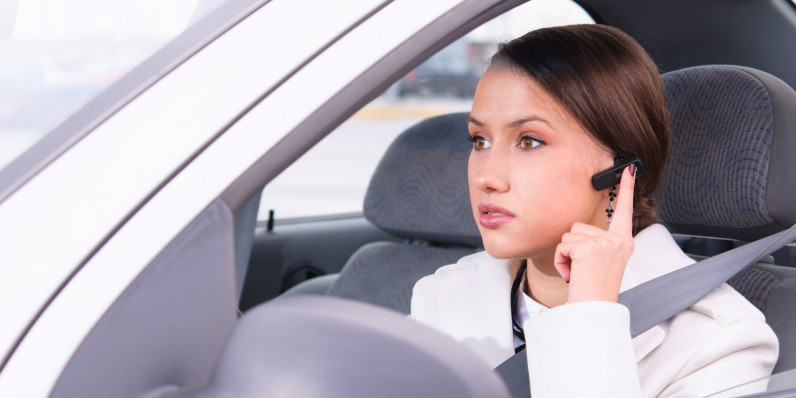If you’re driving Car Rental Cyprus, there are a few things you need to know!
First Off, The Basics
Although cars with both manual and automatic transmissions are available in Cyprus, most local drivers favour automatics, as this leaves them one hand free to use their mobile phone. Incidentally, the use of mobile phones while driving in Cyprus is forbidden, just as it is in the UK, not that this tends to bother the average Cypriot driver to any great extent. If you’ve never driven on the Republic’s highways and byways, what follows might well sound like a blatant exaggeration. It is, however, quite an objective account of daily life on the roads of Aphrodite’s Isle. Another thing you must realise before reading on, is that driving in Cyprus is a complete kindergarten compared to driving in Central London. In fact, no matter how bad their standards may be, there simply aren’t enough Cypriot drivers loose on the island’s roads to emulate the conditions you’ll find in any large British city. In the past, driving in Cyprus has been variously compared to being on a dodgem rink, a go-cart track, and even in a stock car arena; these are, however, flawed comparisons. If anything, the Republic’s roads are more like a free-for-all racetrack where the basically non-existant Cypriot highway code is acting as a set of loose guidelines.

By and large, Cypriot drivers suffer from a complete lack of road-manners and politeness, and will happily ignore others’ rights of way, as well as stop signs, traffic lights, and any number of very basic driving rules and courtesies. Also, don’t expect people to indicate when they’re going to turn, as indicators are seen more as a pretty orange decoration than as an outward signal showing your intention. When driving in Cyprus, whether in a city or out on the open road, expect people to cut in front of you, pull out of side roads without warning, and practice some amazingly idiotic maneuvers. For instance, very, very occasionally, someone queueing in the left-hand turn lane on a four lane junction will even get it into their head that they do in fact need to turn right. So instead of turning left and then performing a U-Turn at the earliest opportunity, they cut right across two lanes of traffic, and cause havoc.
A Quick Word About The Roads Themselves
Most main routes are quite well maintained. Smaller roads, however, can often be bumpy or unpaved altogether. If you’re contemplating Car Rental Cyprus, and want to explore the island’s interior, you might want to consider hiring a small 4×4, as about 40% of the Republic’s minor interior roads still have loose surfaces. Around the coasts, however, most roads tend to be smooth and relatively well maintained.
Next, We Have Motorway Driving
In Cyprus, the maximum speed on motorways is 100kph (about 65mph), although the local police don’t tend to get annoyed unless you’re going faster than 120kph (about 74mph). Motorways are extremely quiet by British standards, with traffic jams being a rarity, though things can get busy at the Limassol and Nicosia intersections around rush-hour. On the whole, speed-traps and radar controls are a common sight on Cypriot motorways, and speeding-tickets are issued to anyone caught at speeds of 121 kph or more, regardless of whether they’re a local or a holidaymaker. One thing that’s definitely worth mentioning is the fact that short stretches of motorway around Akrotiri and Dhekeleia actually run through British Sovereign Base land. Remember that these bases are classed as British land, and that you stand to collect points, or even lose your British driving license, if you’re caught speeding or driving while intoxicated there.

A Bit About The Cost Of Fuel
In Cyprus, petrol prices tend to be about 20% cheaper than in the UK, and you’ll find petrol stations more or less everywhere, even in some remoter mountain villages. Petrol station opening times vary, but in general you’ll find them open between 6AM and 6PM. Most petrol stations are also equipped with automated petrol vending machines which accept bank notes and credit cards and may be used to obtain fuel outside normal opening hours. This in itself says something about Cyprus’ crime rate, as in the UK these machines would be stolen in short order.
And lastly, the part about road safety laws: On the Republic’s roads the use of front and rear seatbelts is madatory, and the police do keep a look-out and fine violators. Parking on double yellow lines, near zebra crossings, traffic lights, junctions, and fire hydrants is forbidden just as it is in the UK. However, unlike Cyprus’ traffic police, Cypriot traffic wardens are quite a lazy bunch, so everyone parks pretty much wherever they feel like. For you, as a UK driver visiting the Republic, this means being extra vigilant in the aforementioned places, as your visibility will probably be limited. As an aside, it’s also advisable that you wear good quality sunglasses when driving in Cyprus, as the afternoon glare can be extremely hard on your eyes.

Such extreme examples of spectacularly bad driving are rare, but they do happen now and again. One thing you should expect, as a rule, is for most other drivers will be clutching a mobile phone to their ear, despite the fact that the use of these without hands-free kits carries an eighty Euro fine and three points on your license. It is therefore advisable for you to assume the stance that all other road users are driving without due care and attention. Despite these seeming tales of horror, however, it’s safe to say that if you’ve ever been behind the wheel in a large British or European city, you should be just fine driving on the Republic’s roads.



